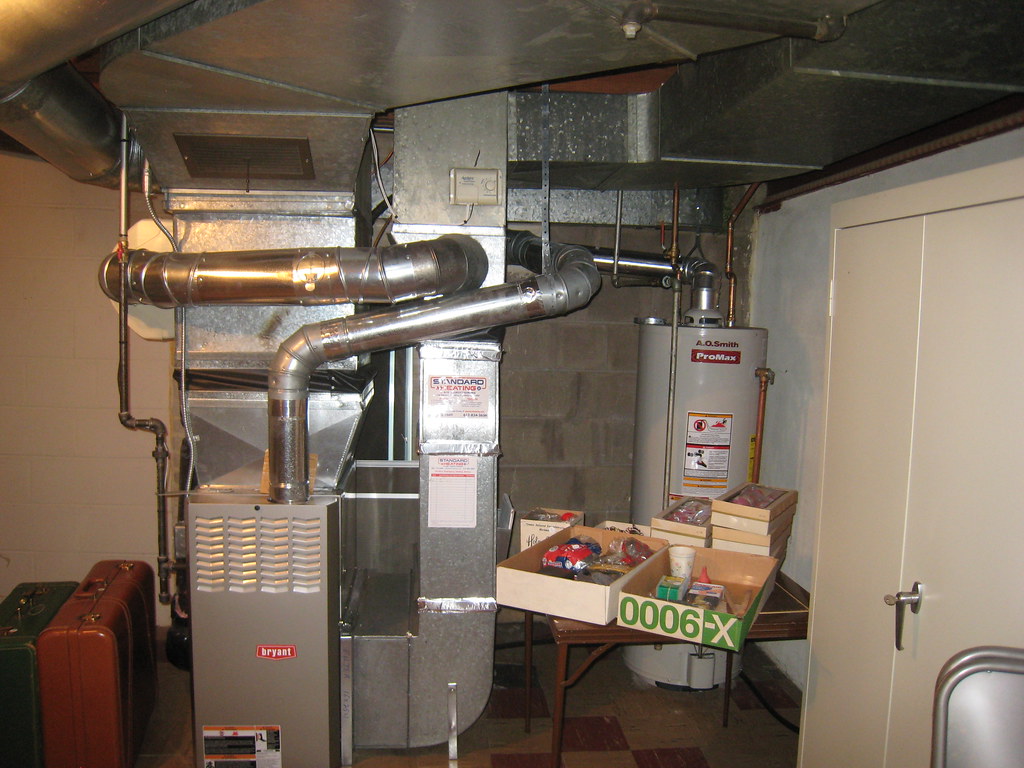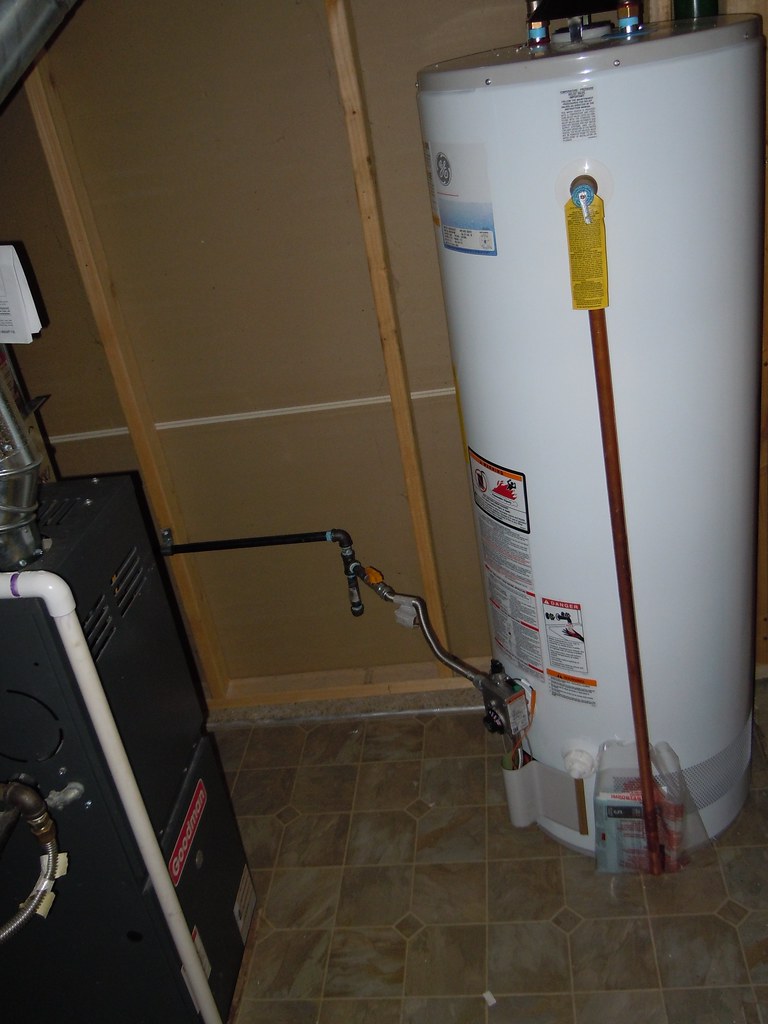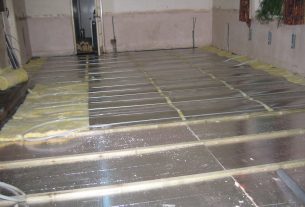The main energy expenditure of a house is due to heating, which accounts for about 70% of its consumption. If electricity consumption is a problem for many households, means and tools exist to estimate or measure the energy expenditure, which is the first lever for energy savings in real estate.
How to estimate your heating consumption? How much energy is spent to heat your home? What are the tools and tips to reduce energy consumption for heating? You will find answers to all these questions in this blog.
Estimation of Your Heating Consumption

Numerous studies and surveys show heating represents a lot of the household budget – average household home energy cost as a share of average after-tax income, 2014 was 3.2% for Ontario (Source: FAO)
Further studies show that it is mainly on individual heating that savings must be made, both to limit energy expenditure and to limit polluting discharges due to energy consumption.
You will be able to reduce your heating consumption with a properly calibrated central AC system to keep your indoor air cool during summer and also remove humidity from the home. In this way, you will be able to monitor and keep your energy consumption under control. Northumberland Gas & HVAC Mechanical has a team of experts to install your whole house central air conditioning systems. Among their services, they specialize in residential and commercial installation and service of natural gas and propane furnaces, water heaters, fireplaces and various other gas appliances.
For your heating consumption, the installation must make it possible to determine the heating or cooling consumption of each household and to regulate the amount of heat and hot water supplied to each privately occupied room. The equipment to be used shall be individual heat meters or, failing that, distributors.
How Much Energy Is Spent to Heat Your Home?

Since the oil shocks, there has been a growing awareness of the urgent need to reduce household energy consumption, particularly heating costs.
The energy renovation of dwellings in order to limit heating consumption is an economic (economic balance of the country), social (maintaining household purchasing power) and political (limiting dependence on producer countries) issue.
Thermal regulations have been introduced in the construction industry to oblige builders to build or renovate only in compliance with increasing obligations to build energy-efficient housing and therefore mainly heating.
The impact of energy-efficient construction has been felt on household heating consumption:
– an old dwelling consumes up to 240 kWh of energy per m² per year, 87% of which is used for heating, i.e. 208 kWh/m²/year;
– a new or renovated dwelling consumes only 60 kWh/m²/year (average depending on the region and altitude), of which only 30% for heating, i.e. around 20 kWh/m²/year.
Simple Tips to Reduce Energy Consumption for Heating
Action levers
Without having to lower the comfort temperature of your home, it is possible to act on different stations:
– Regulation: the installation of a thermostat, which can be programmed or even remotely controlled using home automation, makes it possible to heat only the selected rooms according to chosen schedules without unnecessary heating expenses.
– Insulation: the installation of insulation, glazing and frames, as well as the installation of conventional insulation under roofs, on the attic floor and on the interior and exterior walls, allows heat to be retained inside and prevents the penetration of cold outside air.
– Renovation: the installation of high-performance heating equipment such as inertia electric radiators and a condensing boiler helps to limit expenditure. The same applies to a solar, geothermal or aerothermal heat pump or even a change of energy (solar, geothermal, biomass, etc.).
From Whom Should You Request Help?

For all your residential and commercial HVAC installation, repairs and maintenance, look no further. Northumberland Gas & HVAC Mechanical has the experience, knowledge and tools to deal with all your air conditioning needs.



1 thought on “How to Reduce Energy Consumption for Heating”